Human trafficking involves compelling a person to perform forced commercial sex or labor. It is also considered trafficking if a person under the age of 18 is given anything of value for commercial sex. Below are the federal definitions—state and Tribal definitions may be different.
Sex trafficking is the recruitment, harboring, transportation, provision, obtaining, patronizing, or soliciting of a person for the purposes of a commercial sex act, in which the commercial sex act is induced by force, fraud, or coercion, or in which the person induced to perform such an act has not attained 18 years of age (22 USC § 7102).
Labor trafficking is the recruitment, harboring, transportation, provision, or obtaining of a person for labor or services, through the use of force, fraud, or coercion for the purposes of subjection to involuntary servitude, peonage, debt bondage, or slavery, (22 USC § 7102).
While there is no defining characteristic of a human trafficking victim, traffickers often look for victims with noticeable vulnerabilities such as lack of social support networks, or financial or housing insecurity, substance abuse, and jurisdictional complexities.
Victim service providers can support survivors of human trafficking in their healing though trauma-responsive, culturally appropriate, and healing-centered services.
Increasing Community Knowledge About Human Trafficking
Human trafficking is an underreported crime affecting all communities and all generations.
Control and coercion are often present in human trafficking situations regardless of a victim’s age making it difficult for them to seek support or services. To improve your ability to reach relatives in human trafficking situations, use the links below to learn more about human trafficking, strengthen partnerships, and educate your community.
- Request human trafficking training from Minnesota Indian Women's Sexual Assault Coalition (MIWSAC).
- Take free, web-based training and access resources from human trafficking experts to build your knowledge of the issue.
- Challenge common myths about human trafficking with facts.
- Connect with a Project Beacon program in your area; Project Beacon programs assist American Indian and Alaska Native victims of human trafficking in urban areas.
- Reach out to a Tribal Coalition; There are 20 Tribal Coalitions providing culturally appropriate training and services for Tribal communities across the country.
- Share human trafficking awareness resources.
- Post educational resources on social media.
- Promote StrongHearts Native Helpline which offers culturally appropriate, anonymous, and confidential services 24/7 to relatives impacted by domestic and sexual violence.
- Call or text:1-844-7NATIVE (762-8483)
- Chat: strongheartshelpline.org/get-help
- Share information about the National Human Trafficking Hotline for support in reaching those experiencing human trafficking or for relatives to contact to receive anonymous and confidential help.
- Call: 1-888-373-7888
- Text: 233733
- Chat: humantraffickinghotline.org/en
- Work with schools, community centers, and other organizations to discuss human trafficking.
Use the following resources to learn about human trafficking and educate your communities.




